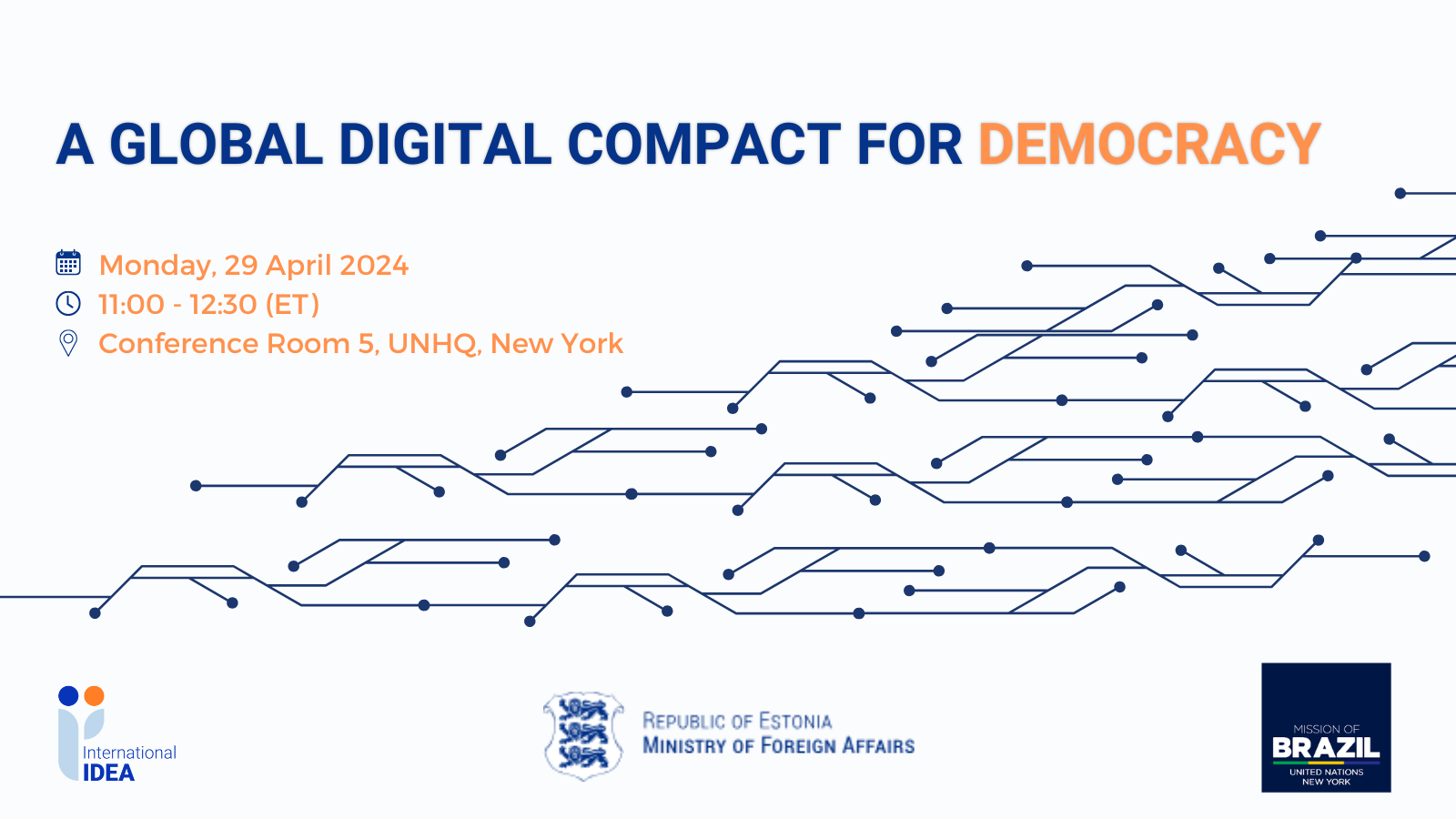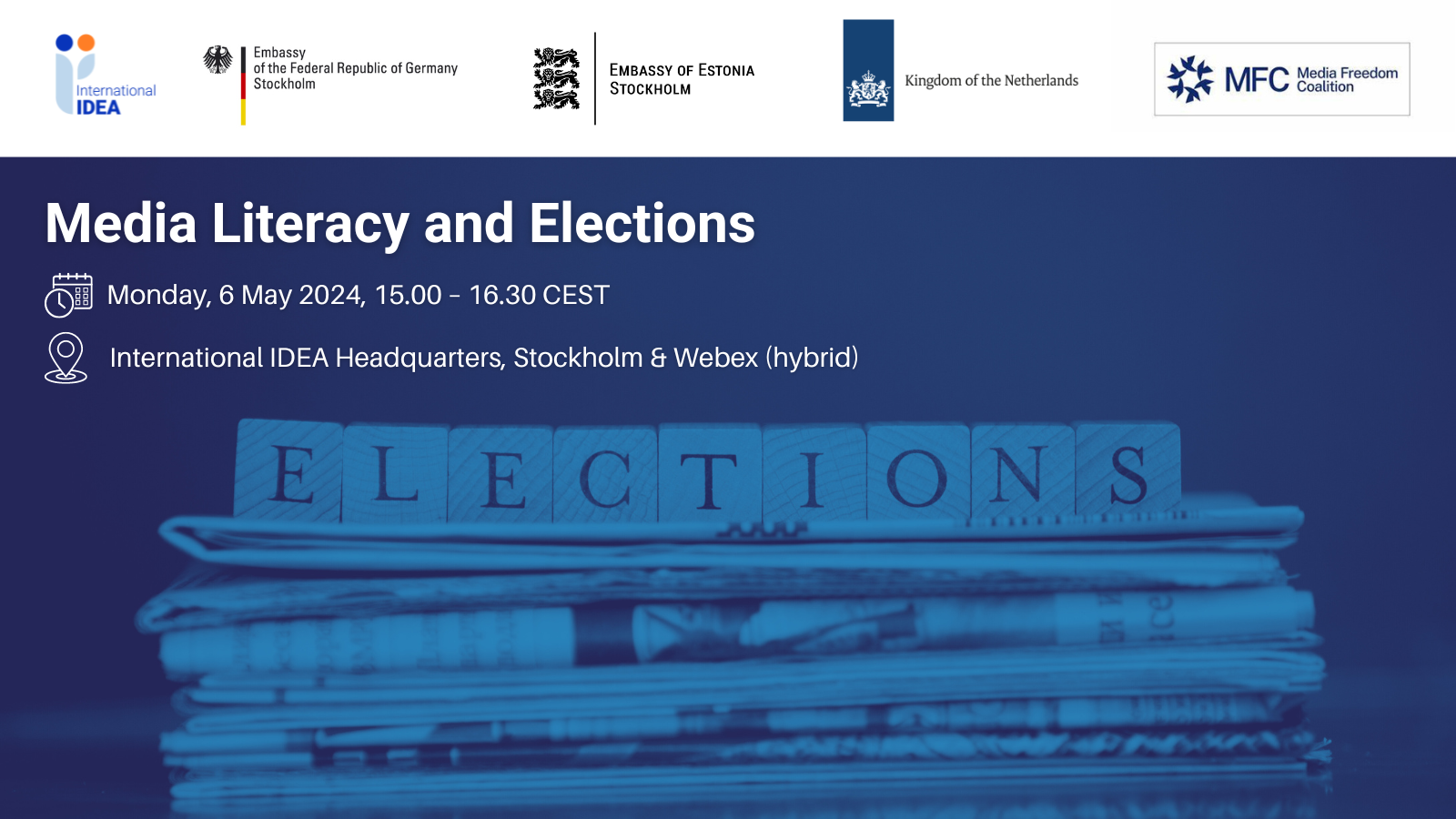Between 6 and 9 April the results of the Second Survey on Constitutional Culture in Argentina were presented in the cities of Buenos Aires and Cordoba. The survey was performed by International IDEA and Poliarquía Consultores in seven Argentine cities from November through December 2014. The presentations took place in the University of Buenos Aires Law School, in the National Congress, in the Federal Judge Association, in the Academy of Moral and Political Sciences, in the High Justice Court in the province of Cordoba, and before the Province of Cordoba Ombudsman.
The background for this study is the First Survey on Constitutional Culture in Argentina, completed in 2005. The results for this survey can be found in the book Survey of Constitutional Culture in Argentina: An Anomic Society. This second edition discusses the perceptions and attitudes which the Argentine society has regarding issues such as democracy, law, human rights, political actors, and institutions. This project is based on a series of similar reports made in Mexico, Costa Rica and Bolivia, each of which were contextually adapted for each country.
The esteemed German legal scholar Peter Häberle, has developed the concept of constitutional culture, defining it as the “sum of attitudes and ideas, of subjective experiences, values scales and expectatives both at a personal level for the citizen and all of its associations, as well as at a State organs level, and at any other level related with the Constitution”. Consequently, these studies work with the knowledge of attitudes, perceptions and values of citizens about constitution and the law in general to determinate the nature of the constitutional culture.
Among the most relevant research findings found that almost 80 per cent of Argentinians believe their country to be acting outside the law and that 83 per cent believe Argentinians violate the law. For 74 per cent of those surveyed, politicians are the top offenders in breach of the law, followed by policemen (52 per cent), and officials (43 per cent). In addition, 63 per cent believe that the principle of equality before the law is not observed.
The results show lack of confidence in the institutions and in those who are believed to set an example as law abiding citizens. In contrast, 91 per cent believe the Constitution to be important or very important, while 71 per cent believe that democracy is better than any other form of government.
The presentation of the results was carried out by the co-directors of the report, Daniel Zovatto, International IDEA Regional Director for Latin America and the Caribbean; Eduardo Fidanza, Poliarquía Director; and Antonio Maria Hernandez, Honorary Chairman of the Argentine Association of Constitutional Law. As with the first edition of the survey (2005), a book with the key results and analyses will be published.


